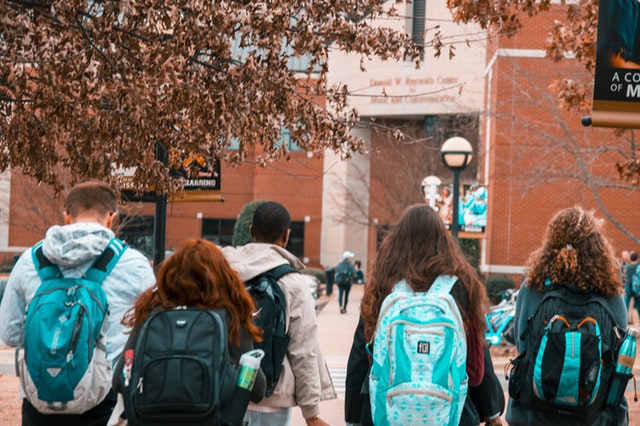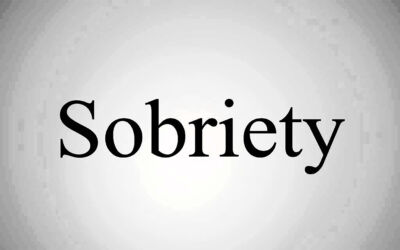Opiate use in colleges is becoming a cause for concern. Use of prescription opiates among college students increased by 343% from 1993 to 2005. Also, 25% of universities in America had an annual prescription opioid use prevalence of over 10%. That means that more than 1 in 10 college student was using some type of prescription opioid.
“The use of opiates by college students has risen dramatically over the past 2 decades, resulting in increased accidental overdose among other things; thus making the quest for identifying strategies to address this public health crisis essential,”
Patrice Malone, MD of Columbia University and New York State Psychiatric Institute
It’s vital for colleges to prevent opioid use prevalence from continuing to rise. Opioid misuse easily leads to abuse and then addiction. Those who become chemically or physically dependent on the drugs will be more likely to accidentally overdose.
It’s also important to note that prescription opioid abuse can easily lead to illicit opioid abuse. In fact, more than 80% of heroin addicts started off abusing prescription opioids. Once their prescription ran out, they had no choice but to turn to heroin instead.
Common Opioids Found on College Campuses
Many college students who are abusing or misusing prescription opioids got these medications from a doctor. These students may have been involved in an accident or may have sustained a serious injury.
A wide variety of prescription opioids can be found on college campuses. Common opioids that are abused include:
- Codeine
- Fentanyl
- Heroin
- Hydrocodone
- Methadone
- Morphine
- Oxycodone
- Tramadol
Some college students gain access to these drugs at parties or college events. They may purchase the opioids off other students who are prescribed the drug.
Signs of Abuse
It may not be easy to spot whether a student is abusing opioids. Many signs of abuse can overlap with mental health issues, like stress and anxiety. If you suspect that someone you know is abusing prescription opioids, look for the following signs of abuse:
- Anhedonia, or a loss of interest in once-pleasurable activities
- Depression or anxiety
- Moodiness
- Financial issues
- Poor academic performance
- Secretive behavior
- Sleep disruptions
- Weight gain or loss
Specific opioids may also come with specific signs of abuse. If you can narrow down the type of opioid that the suspect is using, you’ll have an easier time figuring out whether or not they are indeed addicted to it.
What Can Be Done
Colleges should be aware of the fact that opioids are commonly abused on campuses. Health professionals and advisors should raise awareness for the opioid epidemic plaguing America and help students understand that they need professional help.
Some colleges offer substance abuse treatment services or counseling. These services can give opioid abusers a way out.
Those who are addicted to opiates or opioids can consider reaching out to us. Our experts can connect you to the right resources. We can guide you towards opioid crisis helplines in your area or even help you find the right addiction treatment center. We can help you overcome an addiction to opiates and opioids and get sober.
Image courtesy of Pexels




